Description
Since our thinker’s approach was an unprecedented spiritual treatment of this perplexing problem, he had no choice but to address the various claims related to it, whether secular or religious, criticizing without denouncing, and building without patching; and after he took us on a tour in the worlds of human existence, drawing attention to the breadth of its horizons and the overlapping of its borders, he concluded that the solution to this hidden problem is not in the existence of a narrowness separating religion and politics, nor in an existence less narrow that connects them, but in transcending them both to an existential space of utmost spaciousness in which the visible and the unseen intermingle like warp and woof; for there is no separation or connection, but rather a primary unity in which the boundaries between worship and management disappear; and this spiritual unity was manifested in the fruit of the unseen encounter in which the Creator, Glory be to Him, presented to all of His creation, on a day unlike any other, His heavy trust; so man took it in return, pledging to fulfill its rights; The Creator, the Most High, has decreed in this great meeting that management should be a trust, so it became worship, and that worship, in turn, should be a trust, so it became management; but soon man forgot his covenant with the Creator, the Most High, and forgot the reality of the “trust”, so he separated what was connected, and connected what was not separated.

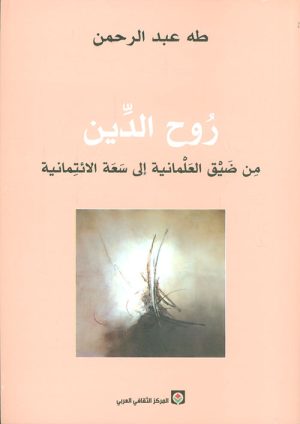
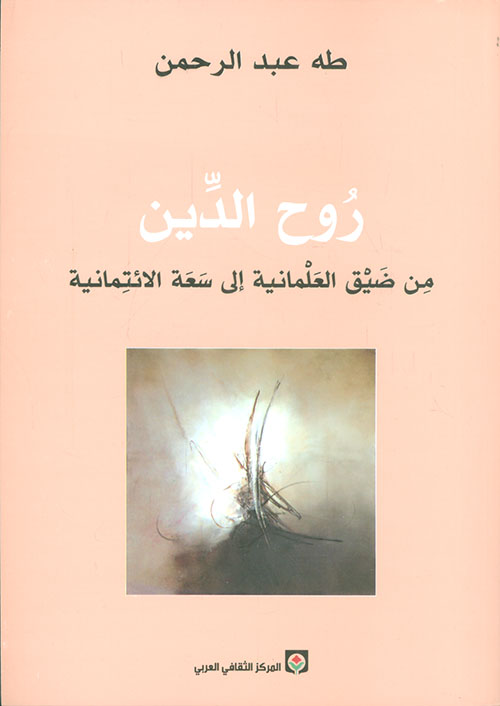
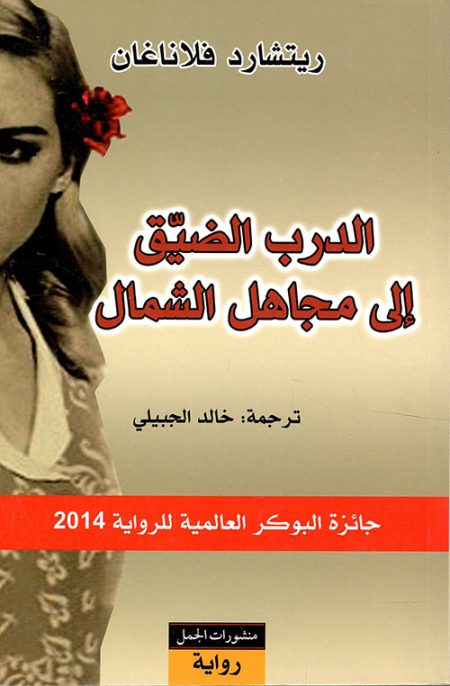
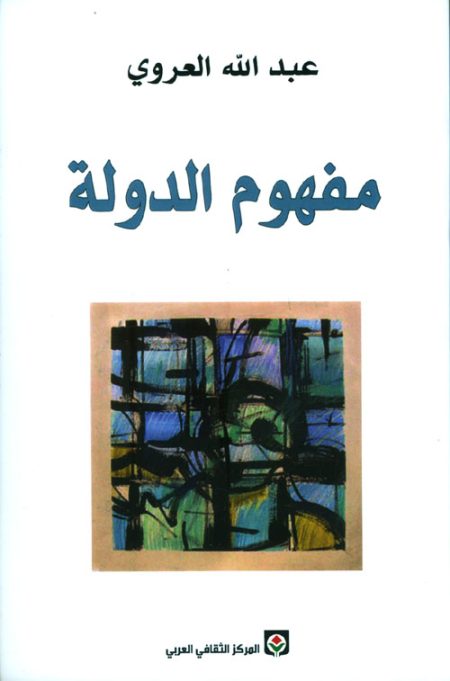
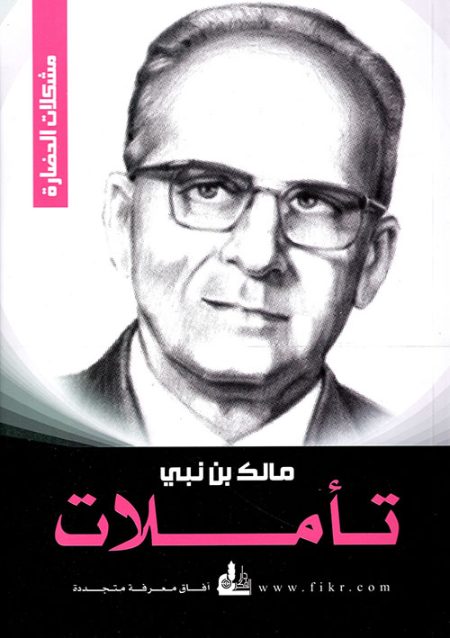
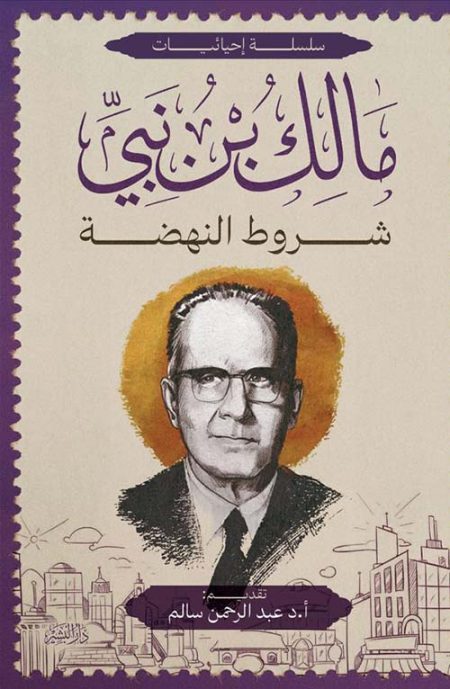

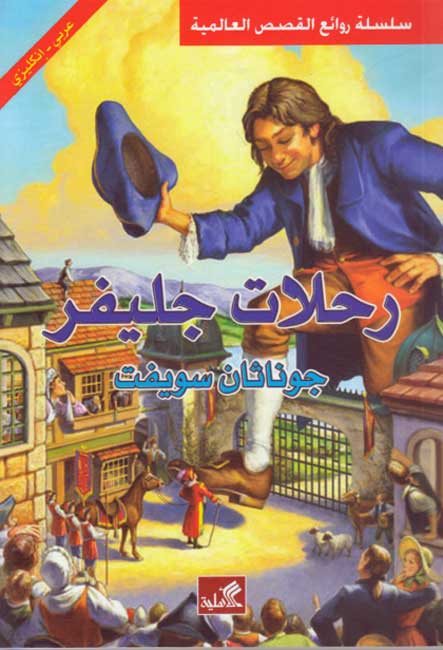
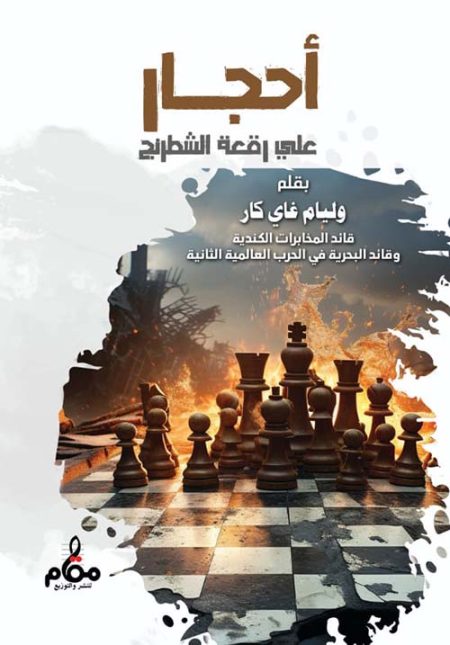
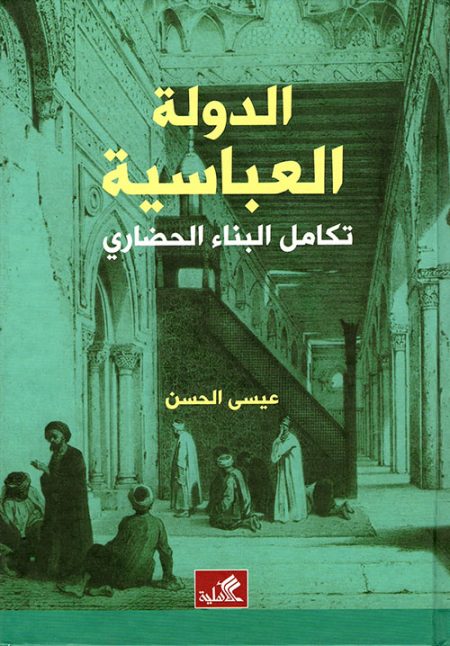

Reviews
There are no reviews yet.